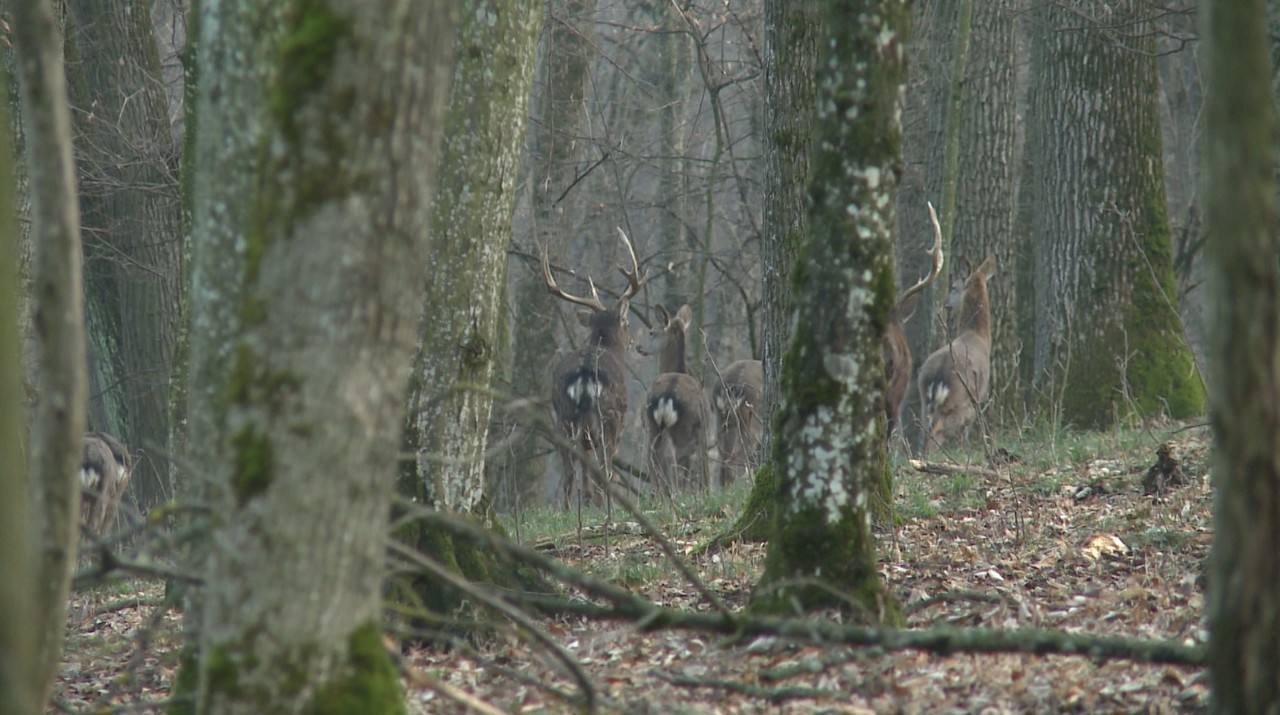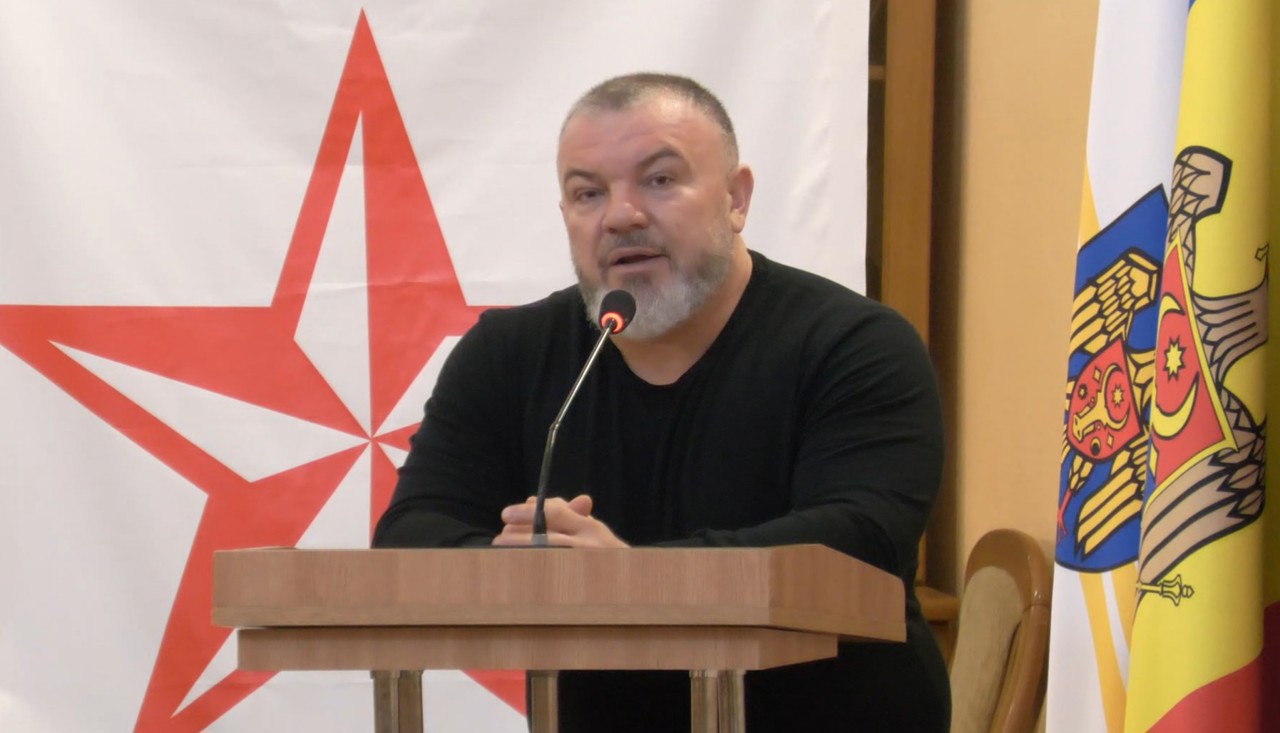Deer overpopulation threatens Moldova’s Codrii Nature Reserve
The “Codrii” Nature Reserve in central Moldova is currently facing an overwhelming increase in deer and roe deer populations.
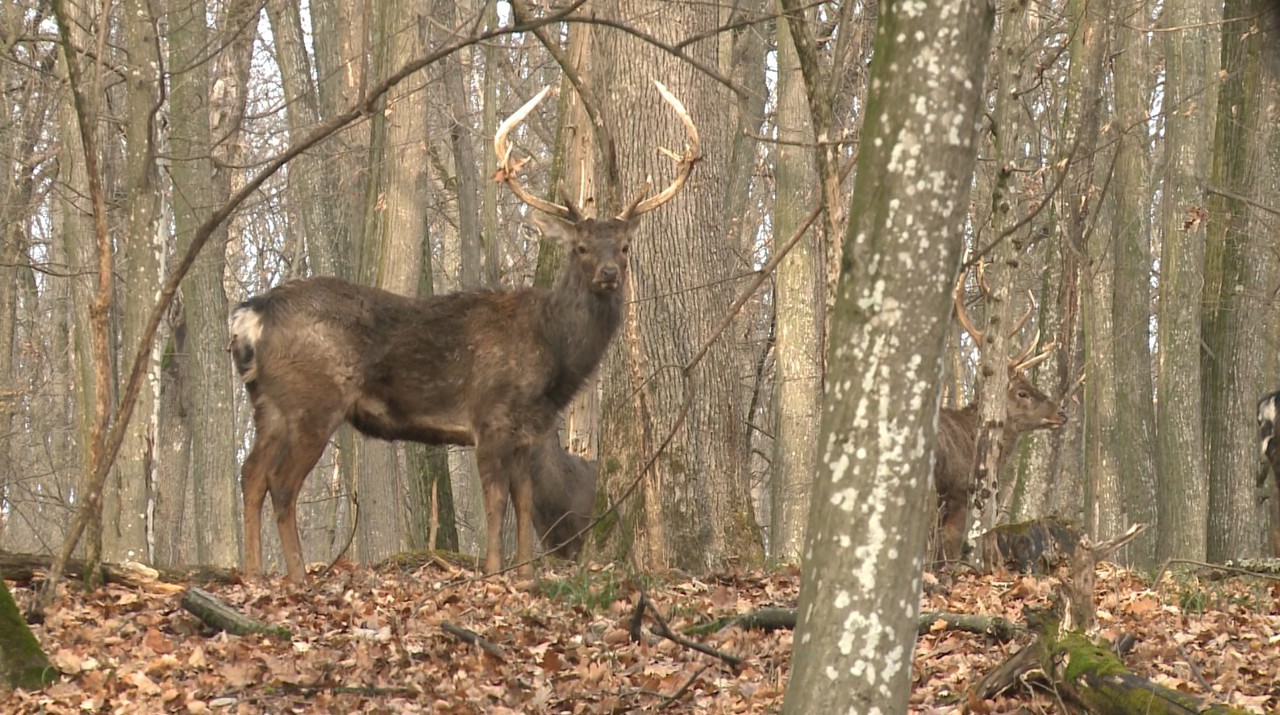
Experts estimate there are around a thousand animals, far exceeding the recommended limits. This surge is causing significant environmental damage as the deer destroy young trees and rare plants, severely hindering the efforts to regenerate the forest, according to Moldsilva representatives. Additionally, the deer are causing trouble near surrounding farmland, with locals reporting the loss of crops due to the animals’ incursions.
The damage extends beyond the forests to nearby plantations. Maria Chilian from the Lozova village in Strășeni district shared how deer destroyed her vineyard last year, and other villagers experienced similar losses.
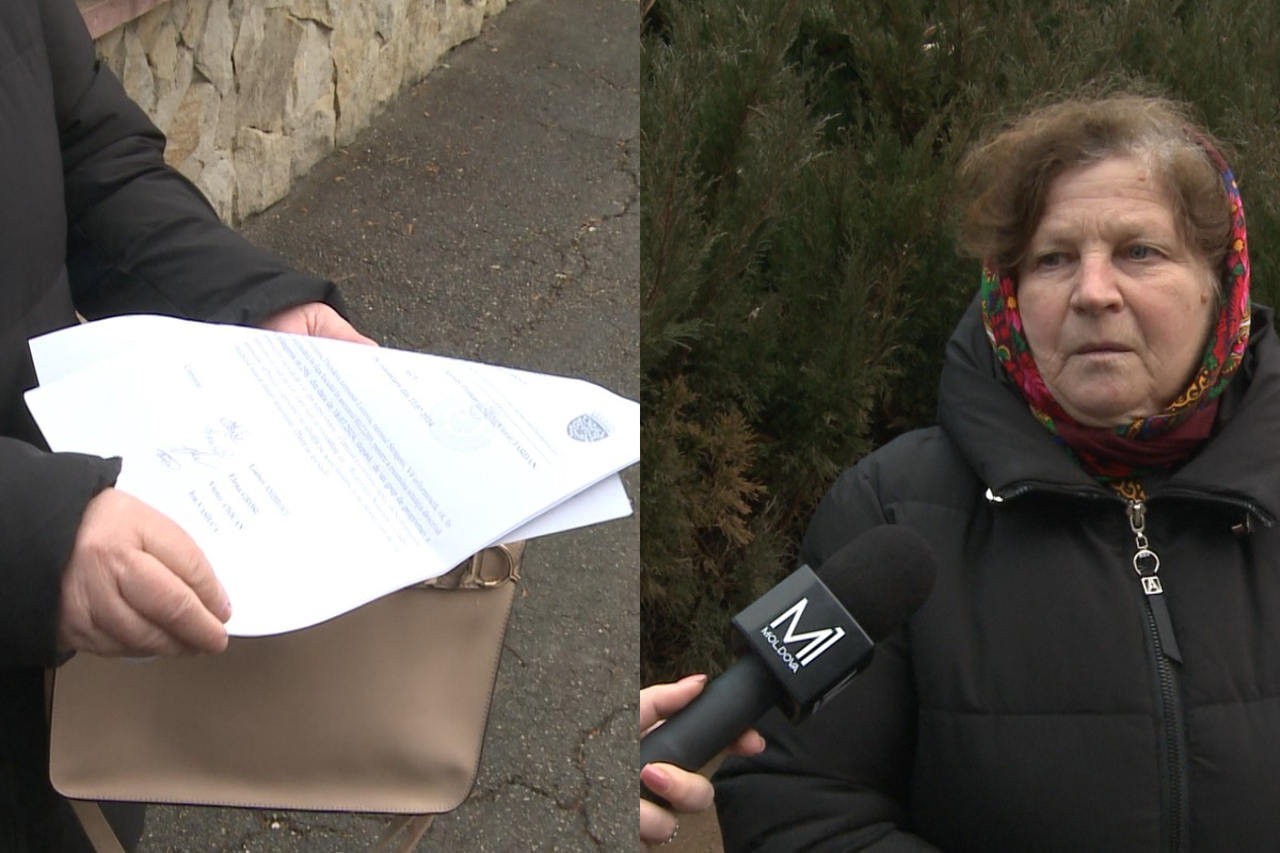
“Last year, we had some left, and the deer ate a bit, but we were satisfied with what remained. Now, there is absolutely nothing left. I haven’t harvested a single grape. I have two plots of land. This was my income: I worked the land, sold the grapes, and used the money to buy firewood and other essentials. I’m retired, with a pension of 1,900 lei (~$100). With that money, I used to buy firewood and other necessities, but this year I haven’t earned a penny.”
People in Lozova approached both the local council and the Ministry of Environment last summer for compensation, but as of yet, no response has been received. The village mayor stated he couldn’t intervene in the matter. Meanwhile, the Ministry of Environment's State Secretary, Gheorghe Hajder, emphasized that the issue of deer overpopulation is widespread and needs careful attention.
“We will address this once we regulate the number of these herbivores, and only then will we discuss compensation. However, compensation is based on an analysis, on a report that proves or clarifies the damage caused to people. So far, we have some statements that are surely based on truth, but we need a report to quantify the exact damage,” said Hajder.
Deer are large herbivores, mainly feeding on saplings and young trees. They cause the most damage to the young forest sections, and local regeneration efforts are thwarted, as explained by Eugen Cvasov, the forest ranger at the “Codrii” Nature Reserve.
Victor Durbală, director of Moldsilva, stated that the problem of the excessive deer population affects several nature reserves, and together with academics and authorities, solutions are being sought.
“We have sections where forest regeneration has been stalled for 3-4 years. We still don’t have all the data finalized, but we are aware of the issue, and we will soon provide detailed reports on the damage in each sector. We’re talking about forests starting from Strășeni, the ‘Codrii’ Nature Reserve, Plaiul Fagului, and up to Ungheni. Even the Domnească Forest, all the Codrii area of the country, is affected. These are protected areas where no intervention has been made for years, and there is clear overpopulation,” said Durbală.
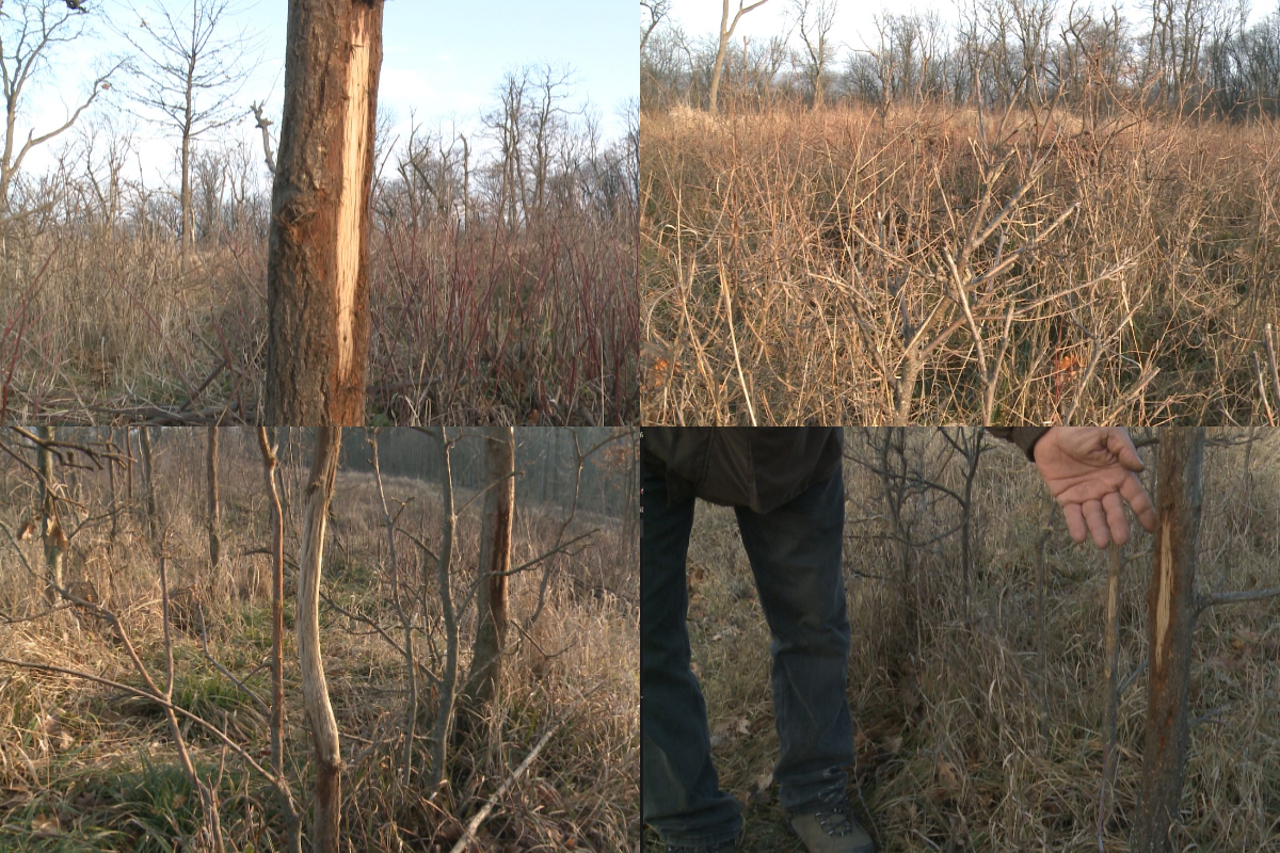
Deer have thrived in Moldova’s forests, contributing to this population boom, according to Anatolie Savin, a researcher at the Zoology Institute of the Academy of Sciences of Moldova. He pointed out that the recommended limit for Moldova is 30 deer per thousand hectares.
“The deer we have here, about 464, were introduced between 1954 and 1983, with 260 being noble deer and 169 spotted deer. Today, we’ve reached over 800, which is an unsustainable number for our forests. This issue must be resolved through sustainable management of the cervid population,” explained Savin.
Recently, representatives from the academic community and authorities gathered at the Codrii Nature Reserve in Lozova, Strășeni, to explore solutions. Proposals included luring the deer with food outside their protected areas and relocating them to other parts of the country. A more controversial suggestion was selective hunting. Authorities emphasized that the matter will be examined with the involvement of various stakeholders to identify the best course of action.
Translation by Iurie Tataru
